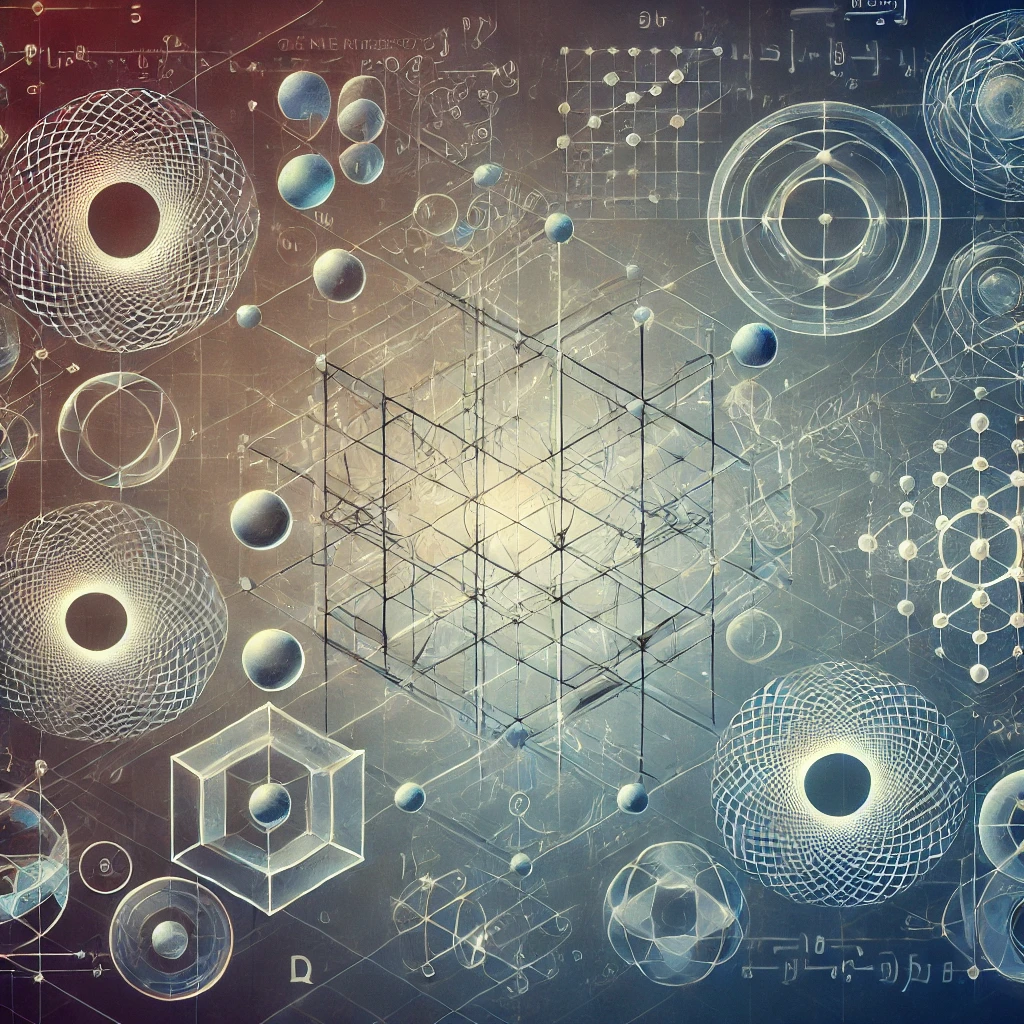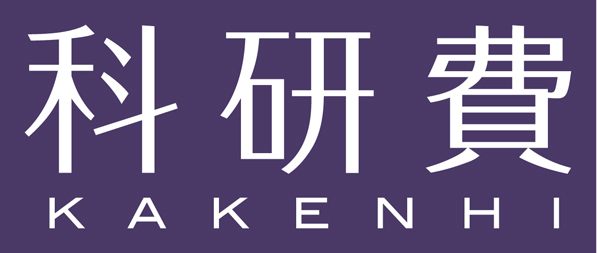Overview

The most commonly used approach in the study of QFT is perturbation theory. Indeed, we have succeeded in extracting various physical quantities from perturbative (asymptotic) expansions. However, some physical phenomena cannot be captured through perturbative analyses alone. How can we extract these non-perturbative effects?
In QFTs with conformal symmetry (i.e., CFTs), correlation functions can be computed using a method called the conformal bootstrap. This non-perturbative method differs entirely from the usual correlation function analysis methods of QFT, as it does not even assume the existence of a Lagrangian. Through the use of the conformal bootstrap, we have actually made significant progress in the non-perturbative understanding of CFTs.
Furthermore, according to the holographic principle, CFTs provide a non-perturbative formulation of QFTs with gravity (i.e., quantum gravity). By applying the holographic principle to various non-perturbative results from CFTs, such as those obtained from the conformal bootstrap, we have made remarkable advances in understanding the non-perturbative aspects of quantum gravity. Conversely, the holographic principle is also used to understand properties of QFTs that are difficult to analyze perturbatively, through gravity.
Another frequently used approach for understanding non-perturbative aspects involves the use of interfaces. Although there are various ways to apply interfaces, some examples include:
- Symmetry,
- Non-local probes (such as Wilson lines or entanglement entropy),
- RG interfaces (used as a tool to understand the UV/IR map).
Regarding the first point, the relation “symmetry ⇒ topological interface” is well-known, but in general, topological interfaces do not have a group structure, so the reverse does not hold. However, it has recently been recognized that even topological interfaces without group structures can be as powerful as symmetry (sometimes called "generalized symmetry"), and there has been a dramatic development in understanding the properties and applications of topological interfaces in recent years.
The purpose of this conference is to bring together experts who have contributed to the recent advancements in non-perturbative methods of QFTs, to generate new collaboration research from the multifaceted perspective.
In this conference, we plan to cover the following topics, though we welcome any experts on non-perturbative analysis methods beyond these:
- Bootstrap,
- Non-local operator,
- topological interface = generalized symmetry,
- non-topological interface, generalized fusion
- RG flow/interface,
- boundary
- Holography (understanding non-perturbative aspects from one side to the other).
Invited Speakers
Research talks (* to be confirmed):
- Nathan Benjamin (USC)
- Yichul Choi (IAS)
- Justin Kaidi (Kyushu U.)
- Shota Komatsu (CERN)
- Marco Meineri (U. Turin)
- Yu Nakayama (YITP)
Tatsuma Nishioka (Osaka U.)⇒ Dongsheng Ge (Osaka U.)- Ingo Runkel (Hamburg U.)
- Tadashi Takayanagi (YITP)
- Yifan Wang (NYU)
- Yang Zhou (Fudan U.)
Schedule

To view the abstract for invited talks or short talks, click "View contribution details" on the Timetable, as shown in the figure below. If you open the contribution details for a short talk, a list of subcontributions will appear, allowing you to view the abstract for each short talk.

Registration information
We will have some short talk slots.
There will also be a poster session and we encourage students and young postdocs to present a poster.
The registration deadline will be
01/10/2025 (Fri).
If you need a visa, you may need to register early.
We will provide the support of local expenses for a limited number of young postdocs and students who give a presentation. If you wish to request the support, early registration is required.
Acknowledgment
We will be grateful if you acknowledge this workshop in a paper initiated or conducted during this workshop. Here is a sample of acknowledgments:
- The authors thank Kyushu University Institute for Advanced Study and RIKEN Interdisciplinary Theoretical and Mathematical Sciences Program. Discussions during the "Kyushu IAS-iTHEMS workshop: Non-perturbative methods in QFT" were useful in completing this work.
Organizers
- Yuya Kusuki (Kyushu University)
- Masazumi Honda (RIKEN iTHEMS)
- Hiroshi Suzuki (Kyushu University)
- Tsukasa Tada (RIKEN iTHEMS)
- Osamu Fukushima (RIKEN iTHEMS)
- Hajime Otsuka (Kyushu University)
- Okuto Morikawa (RIKEN iTHEMS)
Supporting Organizations
This conference is supported by Kyushu University Institute for Advanced Study, RIKEN iTHEMS, KAKENHI.



